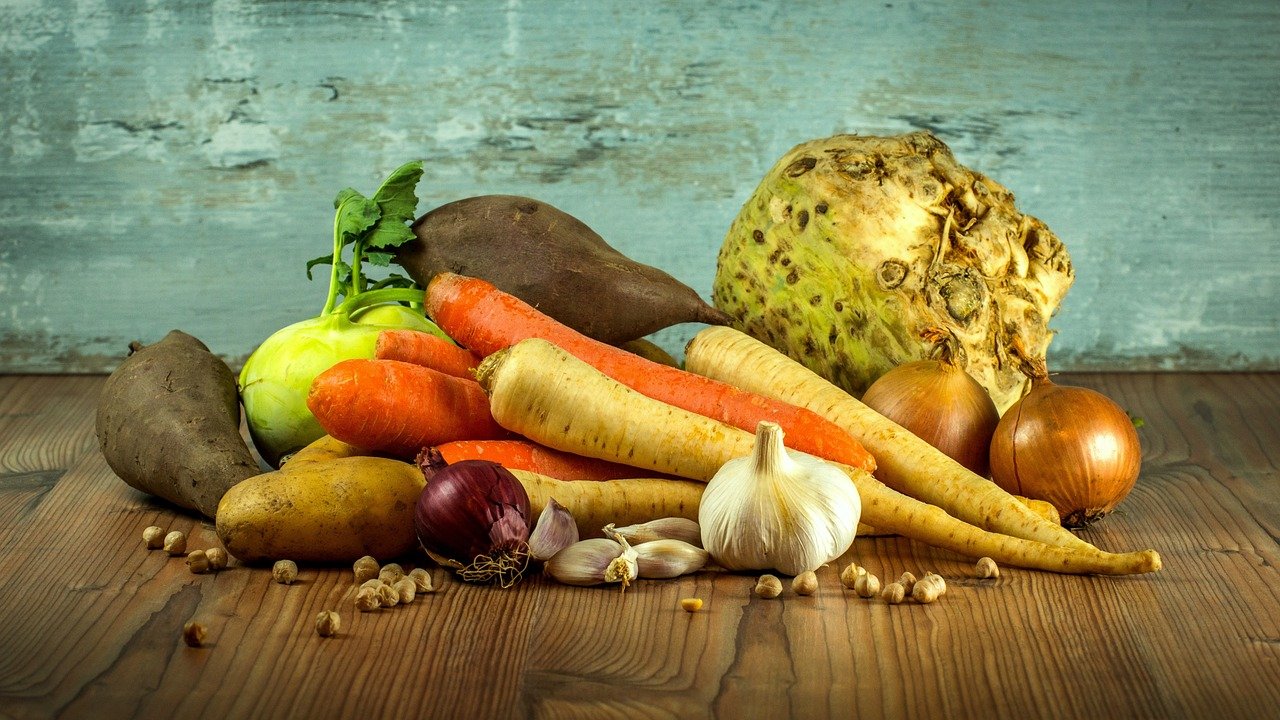
Fermentation is an age-old cooking technique that has been employed in cuisines around the world. From the savory Kimchi of Korean cuisine to the fizzy Kombucha found in health food stores, fermented foods are diverse and wide-ranging.
What is Fermentation?
Fermentation is a metabolic process whereby natural bacteria feed on the sugar and starch in the food, creating acid or alcohol. This process preserves the food and creates beneficial enzymes, b-vitamins, Omega-3 fatty acids, and various strains of probiotics.
Fermentation in Different Cuisines
Fermentation has played a significant role in many global cuisines. Here are some examples:
-
Asian Cuisine: In Asian cuisine, fermentation is used in a variety of foods like soy sauce, miso, tempeh, and kimchi. Kimchi, a traditional Korean food, is made by fermenting vegetables such as cabbage and radishes with chili pepper and other seasonings.
-
European Cuisine: Cheese, yogurt, and sauerkraut are popular fermented foods in European cuisine. The souring of milk to make yogurt and cheese is a fermentation process. Sauerkraut, a fermented cabbage dish from Germany, is another well-known example.
-
African Cuisine: Injera, a sourdough-risen flatbread with a slightly spongy texture, is a staple in Ethiopian cuisine. It is made through fermentation.
-
American Cuisine: Fermentation is used in the production of sourdough bread, pickles, and even some types of beer.
Health Benefits of Fermented Foods
Fermented foods are not just about taste. They also offer numerous health benefits, including:
-
Improved Digestive Health: Fermented foods are rich in beneficial probiotics and can increase the health of your gut microbiome, leading to improved digestion and immunity.
-
Nutrient Absorption: The process of fermentation can help increase the availability of certain nutrients in food.
-
Weight Management: Some studies suggest that eating fermented foods can help maintain a healthy weight.
The Science of Fermentation
The science behind fermentation is quite fascinating. It involves the transformation of sugar into acids, gases, or alcohol using yeast or bacteria. It's the process that gives rise to the tangy, sour, and umami flavors that define many of our favorite foods.
The Cultural Significance of Fermentation
The cultural significance of fermentation extends beyond food preservation. It's a symbol of tradition and a reflection of regional biodiversity. Each fermented food tells a story about the people, the land, the climate, and the culture it comes from.
In conclusion, the role of fermentation in global cuisines is immense. It’s a traditional method of food preservation, a health booster, a flavor enhancer, and a cultural heritage. Whether you're a foodie, a health enthusiast, or a culinary adventurer seeking new flavors, the world of fermented foods has plenty to offer.











